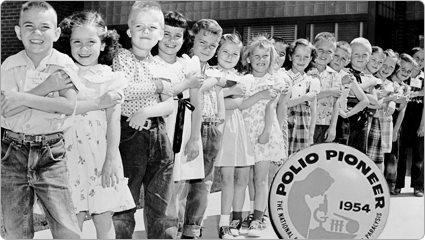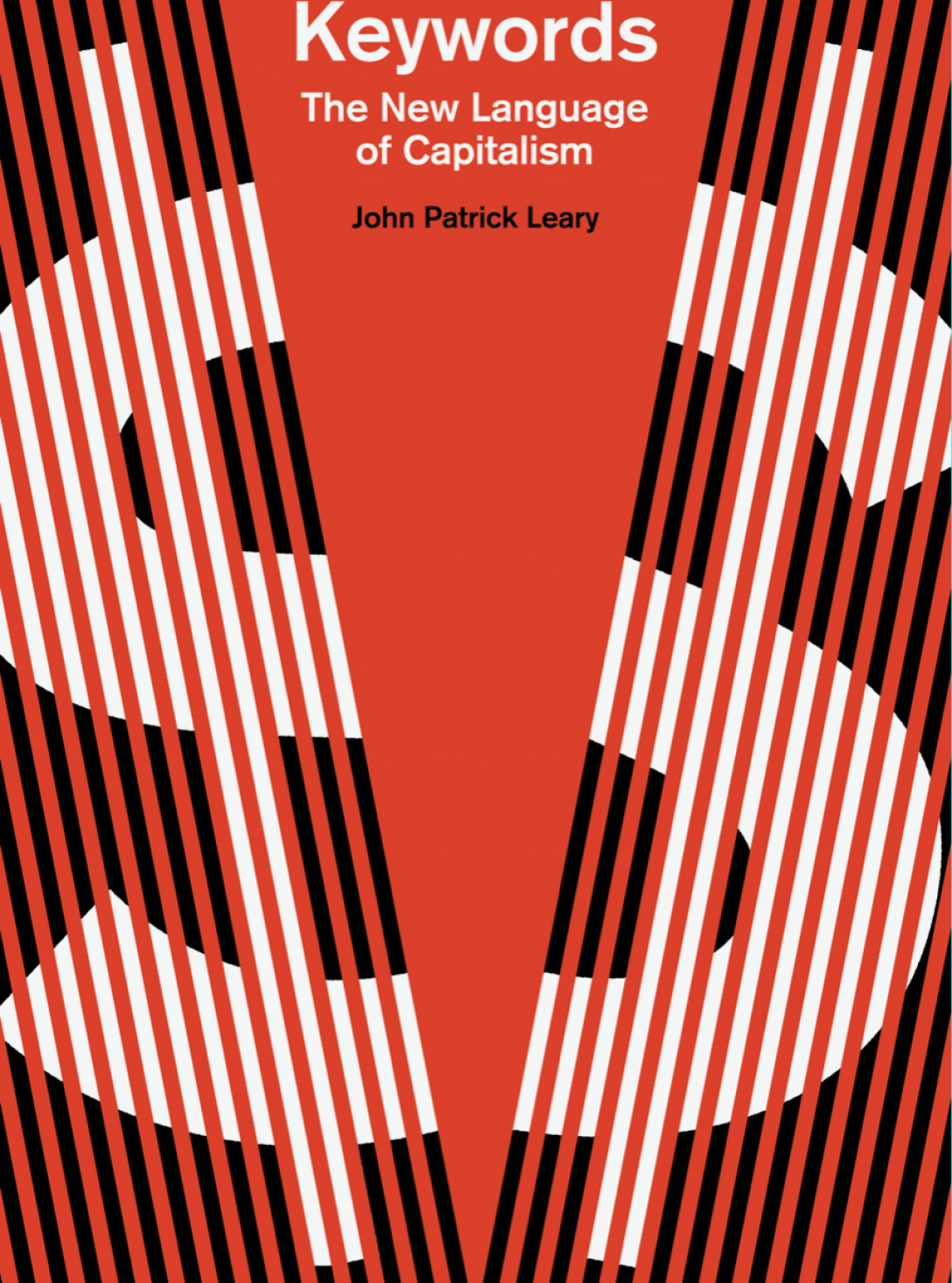In my post on “wellness,” I wrote about the concept’s origins in the countercultural currents of post-war California. Like the “maker” culture that caught on around the same time, and the Arts and Crafts movement even further back, “wellness” offered a broad social critique—in the case of US-based wellness, of the for-profit health care system—ungrounded in a broad social and economic movement. Therefore, it was easily co-opted by shady hucksters and insurance companies who could market its libertarian spirit.
News reports of the measles outbreaks in Arizona and California reveal some overlap between the claims of wellness entrepreneurs and the arguments (such as they are) against vaccination. Two quotes from this New York Times article on the anti-vax response to the measles outbreak reflect the same fuzzy combination of a skeptical individualism and a resolute fixation on the self. The Times‘ reporters, Jack Healy and Michael Paulson, interviewed anti-vaccination parents in Lagunitas, CA, a town in the wealthy Marin County heartland of “wellness” ideology:
Kelly McMenimen, a Lagunitas parent, said she “meditated on it a lot” before deciding not to vaccinate her son Tobias, 8, against even “deadly or deforming diseases.” She said she did not want “so many toxins” entering the slender body of a bright-eyed boy who loves math and geography.
Tobias has endured chickenpox and whooping cough, though Ms. McMenimen said the latter seemed more like a common cold. She considered a tetanus shot after he cut himself on a wire fence but decided against it: “He has such a strong immune system.”
As Ciel Lorenzen, a massage therapist, picked up her children, Rio, 10, and Athena, 7, at Lagunitas Elementary, she defended her choice to not vaccinate either of them, even as health and school officials urged a different course.
“It’s good to explore alternatives rather than go with the panic of everyone around you,” she said. “Vaccines don’t feel right for me and my family.”
Like wellness entrepreneurs, anti-vaccination believers like the parents above treat health as a purely individual matter (it’s not right “for me and my family,” says Ciel Lorenzen). They are fixated on the self as a private fortress to be secured from “toxins” and other interference (unless the “toxin” in question is, say, polio, in which case: let’s roll the dice).
Relatedly, the language of “choice” in anti-vaccination discourse reflects an insidiously entrepreneurial approach to health at odds with the public health argument for—and New Deal origins of—childhood vaccines: to give all children the freedom to live lives free of crippling diseases. California treats it that way, too, offering what it calls a “personal beliefs exemption” to parents who don’t want to participate in the public campaign against disease. Parents like Lorenzen seem to view the decision not to immunize as belonging to the same order as painting their house a loud color—something that might, at worst, offend the local homeowners’ association but is otherwise a private matter.

Finally, anti-vaccination inherits from wellness its mixture of skepticism (of health bureaucracies and credentialed experts, mostly) and credulousness (of self-proclaimed experts, mostly). I don’t know if one can call anti-vaxxers “anti-science,” since they are committed to “science” in theory and in their forms of argument. Nor would I just dismiss the parents above as simply stupid (although they may well be stupid). Anti-vaccination reflects a deeper political problem—the individualization of our obligations to one another and the commercialization of what should be our right to live free from preventable disease.
